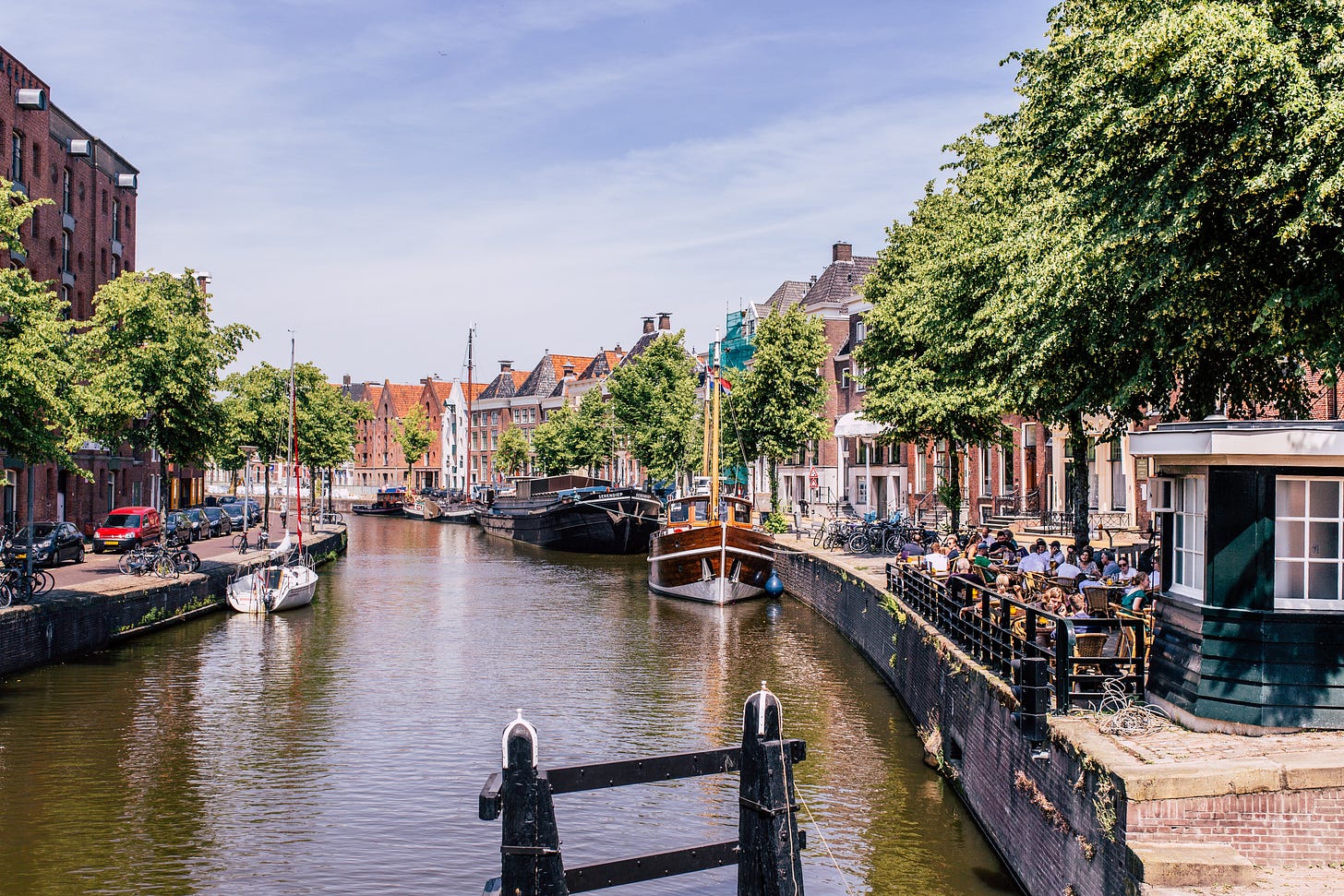Tropical Temperatures Trigger National Heat Plan in the Netherlands
As the Netherlands struggles under extreme heat with temperatures up to 38 degrees Celsius, the National Heat Plan has been activated nationwide to protect vulnerable groups.
The RIVM (National Institute for Public Health and the Environment) officially launched the National Heat Plan across all provinces, including Groningen, on Monday at 10:00. The plan is expected to stay in effect until Thursday as the country braces for a prolonged heatwave.
Why the Heat Plan?
The heat plan is a warning system designed to prompt extra care for at-risk populations, especially the elderly, infants, the chronically ill, and the homeless. According to the RIVM, these groups face higher risks of dehydration, overheating, and heatstroke.
RIVM spokesperson Werner Hagens stressed: "We see that the risk of death increases, especially at an older age, so we are trying to warn... if you take these kinds of measures, it may help you get through this period better."
What to Expect This Week
Tuesday and Wednesday are expected to be the hottest days, with temperatures between 36 and 38 degrees inland and slightly cooler but still tropical conditions along the coast. Code yellow warnings are in place nationwide, with code orange issued in Gelderland, Brabant, and Limburg. Minimal wind and high humidity are expected to make the heat feel more oppressive, especially during the night when temperatures will remain uncomfortably high.
Relief is expected from Wednesday afternoon when clouds and showers begin to move in from the west, bringing cooler air. By Thursday, temperatures should drop to a more manageable 20 to 25 degrees.
Health and Safety Tips
The RIVM and local media have issued several tips for keeping safe:
Stay out of the sun during peak hours (12:00-17:00)
Drink plenty of water and avoid sugary or caffeinated drinks
Wear light, breathable clothing
Keep your home cool by closing curtains and ventilating in the evening or early morning
Check on neighbours, especially elderly or ill residents
Never leave children or pets in a parked car
Swimming Safely
With many seeking relief in natural water bodies, officials urge swimmers to consult zwemwater.nl before heading out, as some locations may be unsuitable due to water quality issues.
Climate Trends
This is the 18th activation of the Heat Plan since its inception in 2007. With climate change intensifying, such heatwaves are expected to become more frequent. However, the RIVM notes a promising trend: despite higher average temperatures over the last decade, heat-related mortality has decreased—a possible sign that awareness and preventive actions are making a difference.





